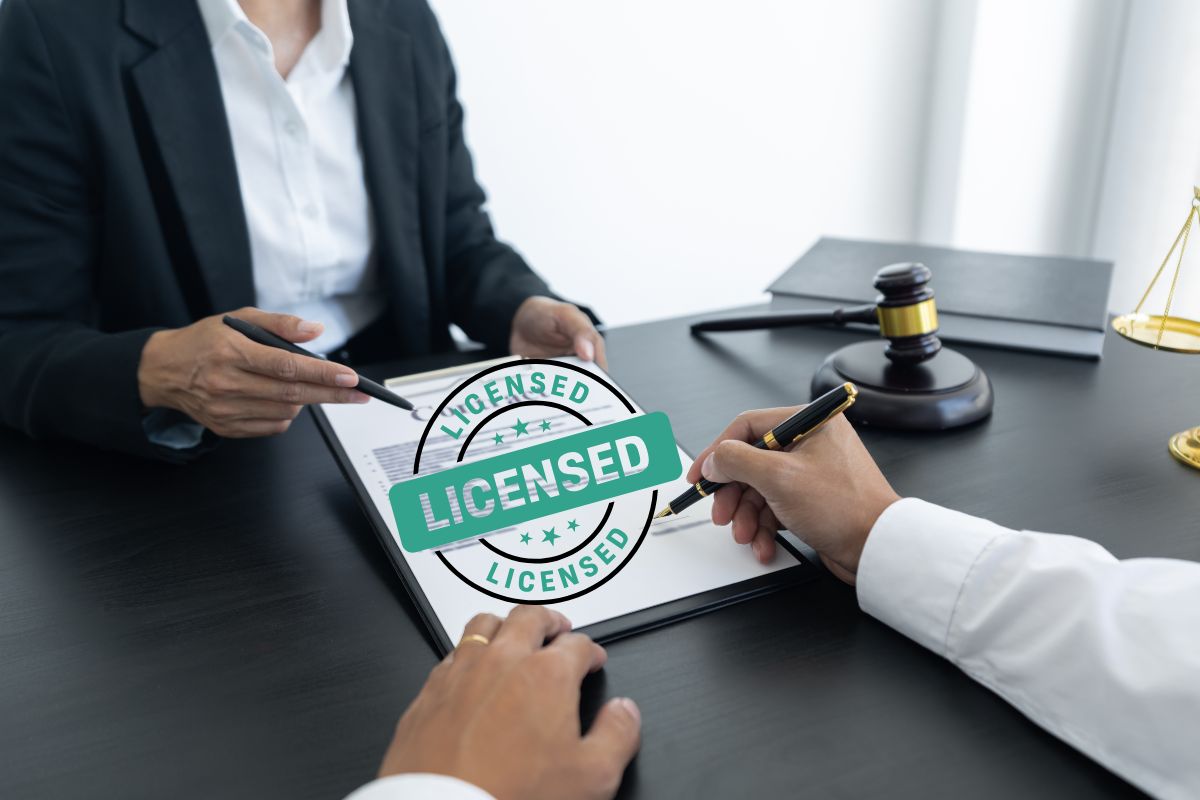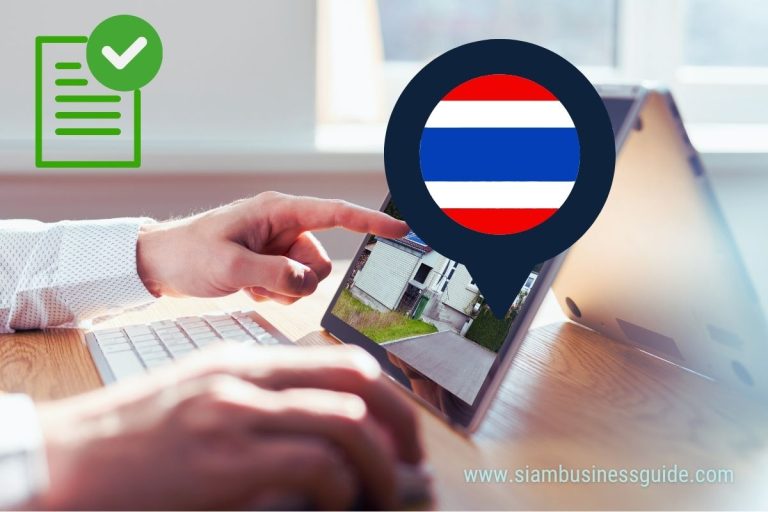Essential Licenses for Doing Business in Thailand
Starting a business in Thailand offers exciting opportunities, but it comes with important legal responsibilities. Whether you’re a local entrepreneur or a foreign investor, understanding the necessary licenses is critical to ensure your business runs smoothly and complies with regulations. Thailand’s licensing requirements vary based on the type of business, its activities, and ownership structure.
This article provides a comprehensive guide to the essential licenses for doing business in Thailand.
Getting Started: Registering Your Business in Thailand
Before applying for any license, you need to legally register your business. For most foreign-owned businesses, setting up as a Limited Company (Co., Ltd.) is the go-to option. It provides liability protection and is a structure well-recognized by Thai authorities. For detailed steps on the registration process, check out our article on Business Registration in Thailand.
Foreign Business License (FBL)
If you’re a foreigner looking to start a business in Thailand, the Foreign Business Act (FBA) may impact your plans. This law limits non-Thais from engaging in certain business activities, such as retail, construction, or professional services like accounting and law. To operate in these restricted sectors, you’ll need to obtain a Foreign Business License (FBL) from the Ministry of Commerce.
Some examples of restricted activities include:
-
Retail and wholesale trade
-
Construction services
-
Accounting and legal services
Obtaining an FBL requires extensive documentation and can take up to 4 months, especially if the business does not qualify for investment promotion incentives offered by the Board of Investment (BOI). Planning ahead and ensuring all paperwork is complete can help streamline the process.
Commercial Registration and Business Licenses
Depending on your business type, you may needs sector-specific licenses or permits from relevant authorities.
| Business Type | Required License/Authority |
|---|---|
| Restaurant or Café | Food license from Local Municipality |
| Import/Export | Importer/Exporter license via Thai Customs |
| E-commerce | VAT registration and Electronic Business filing |
| Factory/Manufacturing | Factory license from Department of Industrial Works |
| Hotel or Resort | Hotel license from the Ministry of Tourism |
Licensing authorities vary by province, and some require environmental assessments or zoning approvals.
Thailand Work Permits for Foreign Employees
To legally employ a foreigner in Thailand, your company must first obtain a work permit on the employee’s behalf. Requirements include:
- Registered Capital: Your business typically needs a minimum registered capital of 2 million THB for each foreign employee.
- Thai-to-Foreign Employee Ratio: Generally, you must employ at least four Thai workers for every foreign worker, though this ratio can vary depending on the industry.
- Business Requirements: You’ll need a valid business license and a registered office address in Thailand.
Businesses under the Board of Investment (BOI) promotion enjoy greater flexibility, as they are often exempt from the standard Thai-to-foreign employee ratio, making it easier to hire foreign talent.
Licenses for Specific Industries in Thailand
Some industries in Thailand require special regulatory approvals to operate legally. Here’s a quick overview of key sectors and their regulatory requirements:
- Financial Services: Businesses in banking, finance, or related fields need a license from the Bank of Thailand.
- Education Services: Schools, training centers, or other educational institutions must obtain a license from the Ministry of Education.
- Telecommunications and Media: Companies in telecom or media sectors require a license from the National Broadcasting and Telecommunications Commission (NBTC).
Before launching your business in Thailand, take the time to research and consult with legal experts or relevant authorities to ensure you meet all licensing requirements. Doing so not only keeps your operations compliant but also sets a strong foundation for long-term success in the Thai market.







